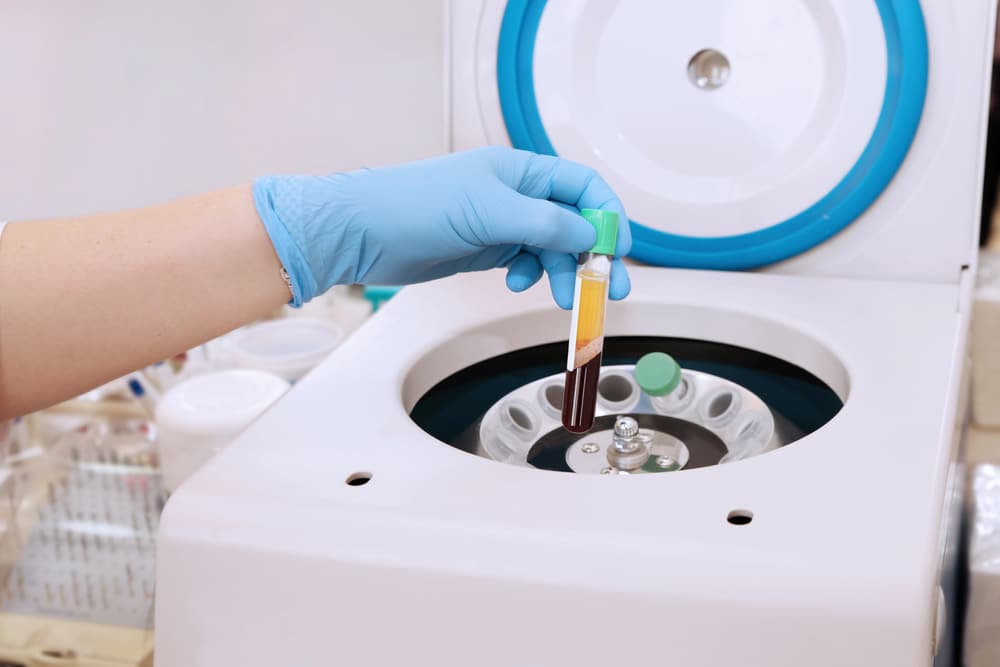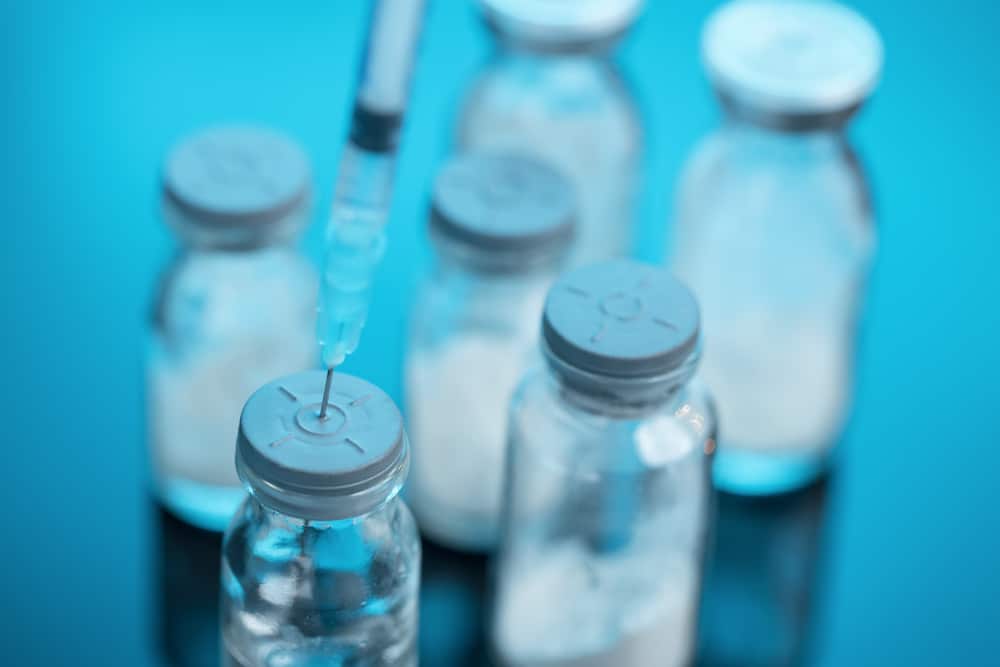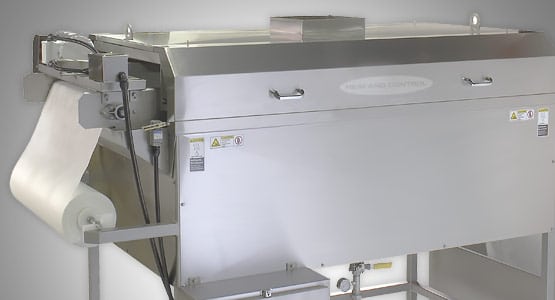Innovation in water filtration includes the development of a bacteria-based filtration system.
According to Water Quality Products:
“University researchers at Brown University in Providence, Rhode Island are developing living filters to sanitize drinking water.
“This research is funded in part by the U.S. EPA, according to the Brown Daily Herald.
“The researchers will use bacteria to remove arsenic and lead from water in a selective and renewable manner, according to the principal investigator of the study Professor of Chemistry and Engineering Vicki Colvin.
“The researchers used an engineered E. Coli bacteria for arsenic removal, according to Yidan Bi, a chemistry graduate student in Colvin’s lab.
“’It has an arsenic binding protein that is very specific to a form of arsenic…it’s added to the water, and once arsenic gets into the bacteria cells, the protein (in the bacteria) binds to arsenic,’ said Colvin.
“The bacteria is then removed from the water with a two-step filtration system.
“According to Bi, the team is working on magnetic nanoparticles to conjugate these cells, which would allow the researchers to engineer the bacteria to be magnetic so that they can be pulled out of the solution using a magnet.
“’The second step is to use a type of membrane technology,’ said Muhammed Hammoudeh, an engineering student involved in the project.
“The magnetic filtration process acts as a prefilter and the water is then filtered through a membrane to remove any remaining particles, according to Hammoudeh, reported the Brown Daily Herald.
“To address safety concerns, the researchers conduct rigorous testing to ensure the drinking water after treatment will not have any bacteria left in it. They use a process called PCR to look for microbe DNA in the clean water. According to the team, the new bacterial cleaning system has several advantages over conventional cleaning techniques, including cutting down on waste.
“For starters, the environmental footprint will be much smaller since less raw material is needed to clean the water, according to Colvin.
“’This also makes it much easier to distribute the materials needed to clean water across the world,’ added Colvin. ‘We can just send them a vial of bacteria for them to grow.’
“Right now, this kind of water cleaning would be conducted at a small scale, which could be valuable for people living in small communities, rural areas and in underprivileged communities.”









